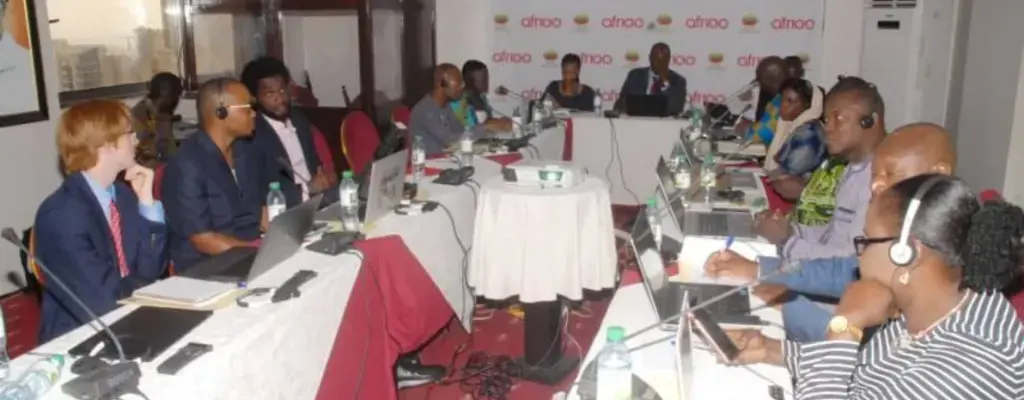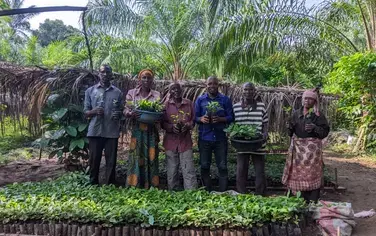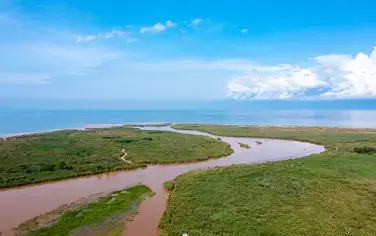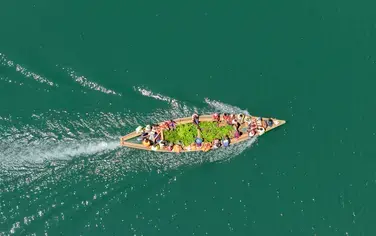By the AFR100 Secretariat
Dakar, Senegal – Forests are a vital safety net for people living in poverty, providing food and fuel, medicines and materials, as well as maintaining freshwater supplies. At the same time, though, poverty can be a threat to forests, as people clear land to grow food and cash crops and harvest more resources than the ecosystem can sustain. On top of this, forests continue to be cleared for commercial agriculture, infrastructure and extractive industries in the name of economic development. There’s a great need to change the narrative on the ground.
The AFR100 Secretariat at AUDA-NEPAD and its partners, including the World Resources Institute and GIZ, recently convened a Country Communication Officers’ orientation seminar on “Media Campaigns for Development and Social Change on FLR” in support of 15 of their 28 member countries. This five-day communication orientation seminar presented in French ideally sought to improve the ecological function of degraded landscape at country level by strengthening the capacity of Country Communication Officers to craft compelling stories and create effective campaigns for AFR100 audiences, triggering behavioural and social change within AFR100 member countries. Moreover, the seminar aimed to empower participants to continue to drive the forest landscape restoration (FLR) agenda at country level and to position AFR100 as the preferred FLR initiative in the continent.
The training was graced by AUDA-NEPAD Dakar-based Ambassador Amadou Diallo, who presented on behalf of Mamadou Diakhite, the AFR100 Project manager, and said “Development communication involves creating mechanisms to broaden public access to information; strengthening countries’ ability to listen to their partners while empowering their land practitioners to achieve a more participatory process and undertaking communications activities that are grounded in research.”
“Know them, meet them, and engage them” became the mantra of the participants. “There has been no suitable, effective social development if the people most affected are not the leaders driving the core components of the program,” said Teko Nhlapo, AUDA-NEPAD Communications & Advocacy Officer, encouraging participants to craft compelling stories and create the right campaign for their target audiences, triggering behavioural and social change against changing climate and degraded landscapes.
Restoration can contribute to improving livelihoods, protecting food crops, securing key habitats for animal species and reducing carbon emissions. AFR100 strongly supports advocacy through positive impacts on productivity, increased resilience to climate change and through its protection of biodiversity.
Please check this space for updates from the AFR100 Francophone Country Communication Officers.




